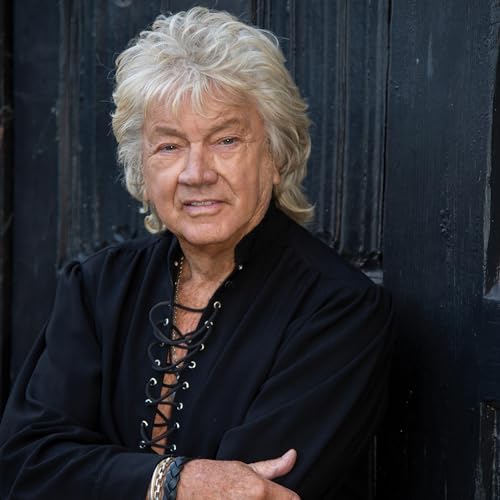Sixto Rodriguez, known simply as Rodriguez, lived one of the most extraordinary and unlikely journeys in modern music history.
Born in Detroit, Michigan, he grew up the son of Mexican immigrants in a city teeming with both industrial promise and economic struggle.
His upbringing in Detroit’s working-class neighbourhoods profoundly shaped his worldview and his music. Rodriguez’s songs spoke of poverty, social injustice, and the struggles of everyday people—lyrics that would later resonate deeply with audiences halfway across the world.
From an early age, Rodriguez gravitated toward music. He learned guitar on his own and began writing songs that mixed folk, rock, and blues with a poet’s touch.
His lyrics were sharp, socially conscious, and often laced with a haunting melancholy. Though Rodriguez possessed immense talent, Detroit in the late 1960s was already overflowing with Motown stars, garage rock bands, and rising folk voices.
Breaking through wasn’t easy.
In '67, Rodriguez recorded a single that didn’t gain much traction. A few years later his big break seemed to arrive with his debut album, Cold Fact, in 1970. Critics admired the record, but commercially it fell flat in the US.
Undeterred, Rodriguez recorded a second album, Coming from Reality, in '71. But like its predecessor, the album struggled to find an audience.
Disillusioned, Rodriguez quietly stepped away from the music industry. Heworked a series of manual labor jobs—construction, demolition, even factory work. For years, he lived modestly, raising his daughters while music became more of a private outlet than a public pursuit.
Unbeknownst to him, his music was taking on a life of its own thousands of miles away. In South Africa, during the height of apartheid, Rodriguez’s albums had found their way to audiences. To South Africans, Rodriguez was as revered as Bob Dylan or John Lennon.
Yet in Detroit, he had no idea of his fame overseas.
For decades, South African fans knew every lyric, while the man himself remained in the dark about his global impact.
The truth began to unravel in the late '90s, when two South African fans set out to discover where he was. They found him in Detroit and brought hin to South Africa fin 1998.
Concert halls overflowed with fans . For Rodriguez, it was a surreal moment of validation, arriving nearly three decades after he’d walked away from music.
The story of Rodriguez’s rediscovery was later captured in the 2012 Academy Award-winning documentary Searching for Sugar Man.
With its mix of mystery, tragedy, and triumph, the documentary transformed Rodriguez into an international icon almost overnight. His albums were reissued, he toured internationally, and he finally enjoyed the recognition that had eluded him in his youth.
Rodriguez's daughter, Sandra tells us that despite his newfound fame, her dad remained grounded. He continued living in his modest home. Known for his humility and gentle nature, he preferred to let his music speak for itself. He carried no bitterness at al.
Rodriguez’s story is often described as one of the most remarkable in rock history—a tale of how music can transcend time, borders, and politics.
His songs, rooted in the struggles of Detroit in the '70s, found their greatest meaning in a country he’d never visited until decades later. In the process, Rodriguez became a symbol of resilience, artistry, and the unpredictable power of music.
Sixto Rodriguez passed away in 2023 at the age of 81. His death marked the end of a truly singular life, but his music continues to live on.
For those who grew up singing his words in South Africa and in Australia, and for the many around the world who discovered him through Searching for Sugar Man, Rodriguez will always be remembered not just as a musician, but as a poet of the people, a voice of quiet defiance, and the ultimate comeback story.
I know you'll enjoy hearing Sandra Rodriguez tell her Dad's story.
 52 min
52 min 52 min
52 min 52 min
52 min Oct 15 202552 min
Oct 15 202552 min 52 min
52 min 52 min
52 min 52 min
52 min 52 min
52 min

